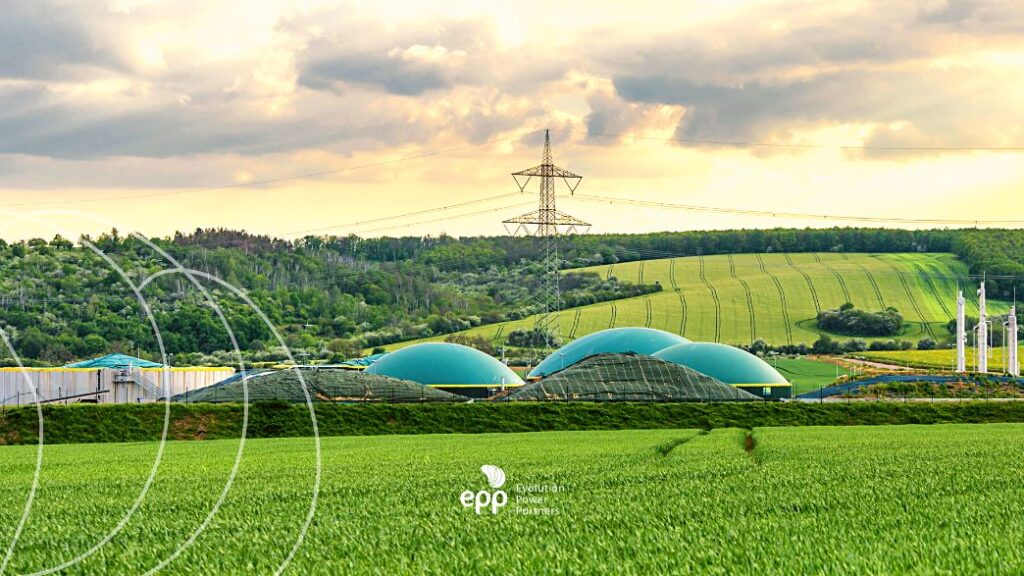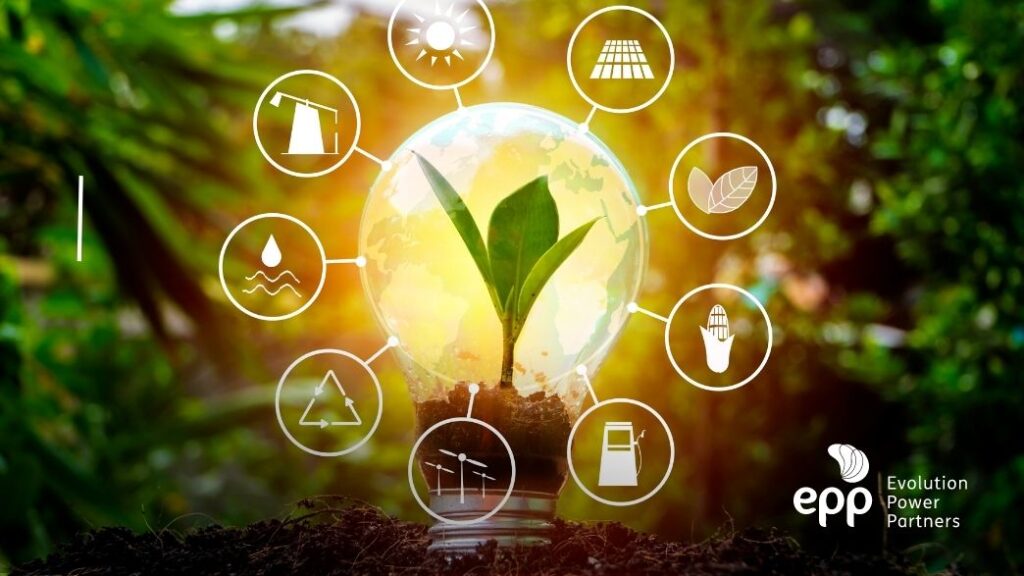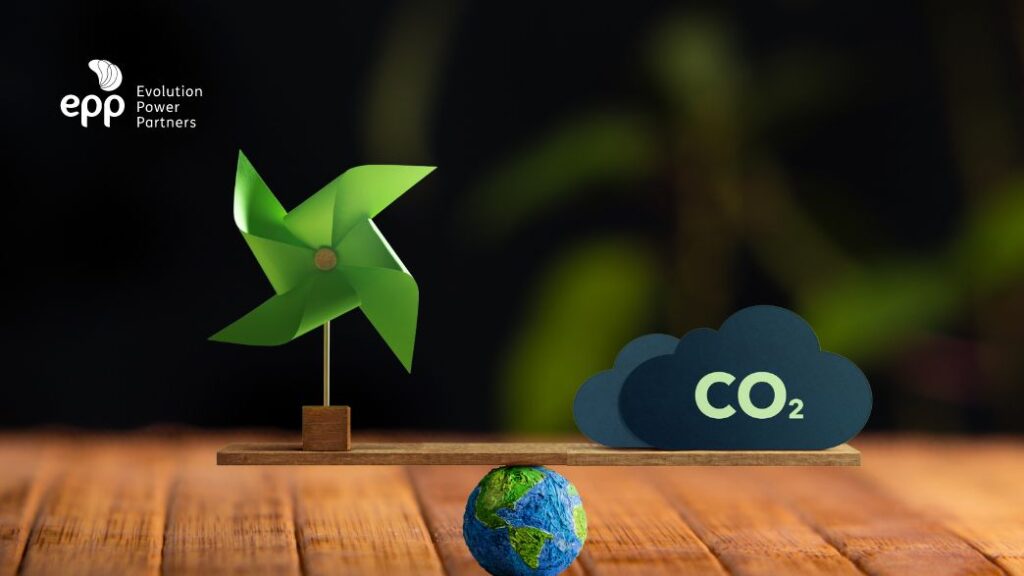In 2022, even with increased energy demand in some countries, emissions from the energy sector are expected to decrease. The data is from the International Energy Agency (IEA) Electricity Market report, which points to a drop in overall global electricity demand of 2.4%. Thus, the values should pull emissions from the energy sector down, pointing to a decline of 0.5%.
Part of the large Brazilian companies have already understood the importance and relevance of ESG goals within organizations. Increasingly, environmental, social and governance issues become priorities with internal changes and even compensation programs for executives linked to the achievement of goals.
The latest report by the Intergovernmental Panel on Climate Change (IPCC) states that the mitigation measures needed to tackle climate change are urgent.
The IPCC is a UN climate advisory body and was created in 1988 by the United Nations Environment Program and the World Meteorological Organization. Its objective is to monitor and disseminate relevant research related to climate change.
The low carbon economy is a project that proposes actions with the objective of reducing the impacts of the generation of Greenhouse Gases (GHGs) on the environment. By encouraging a low carbon economy, countries are able to develop the economy, generate employment and invest in sustainability.







